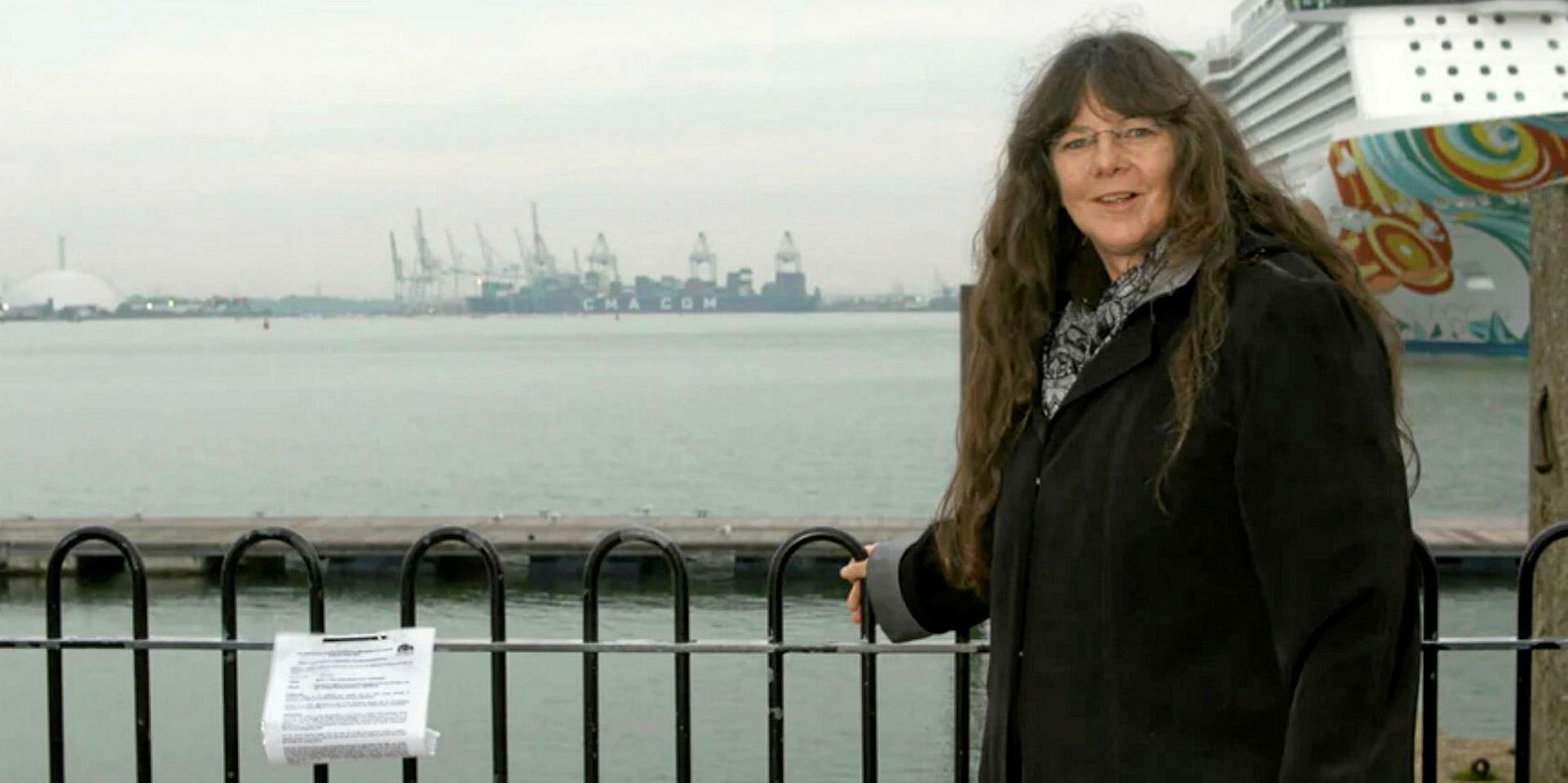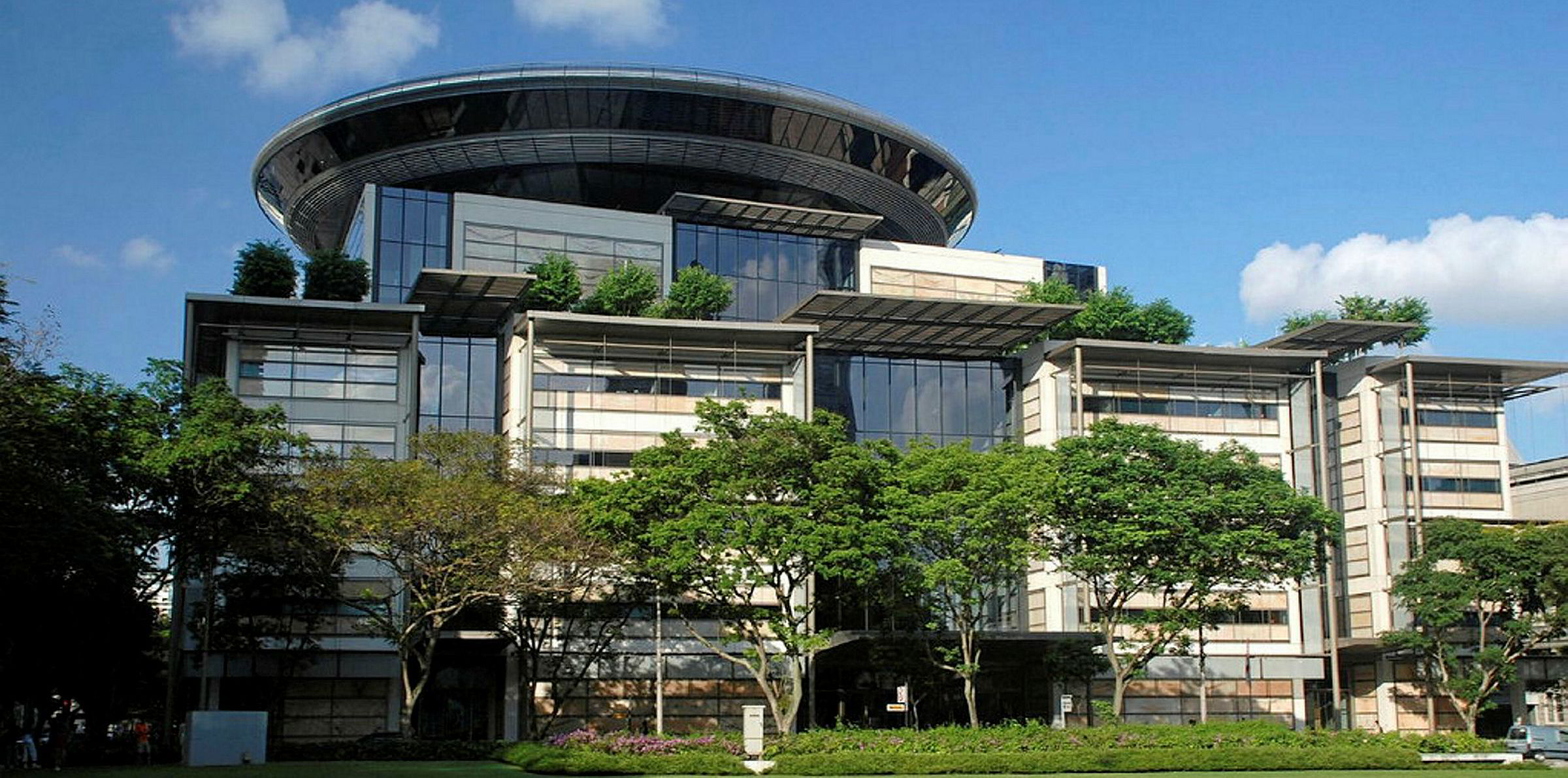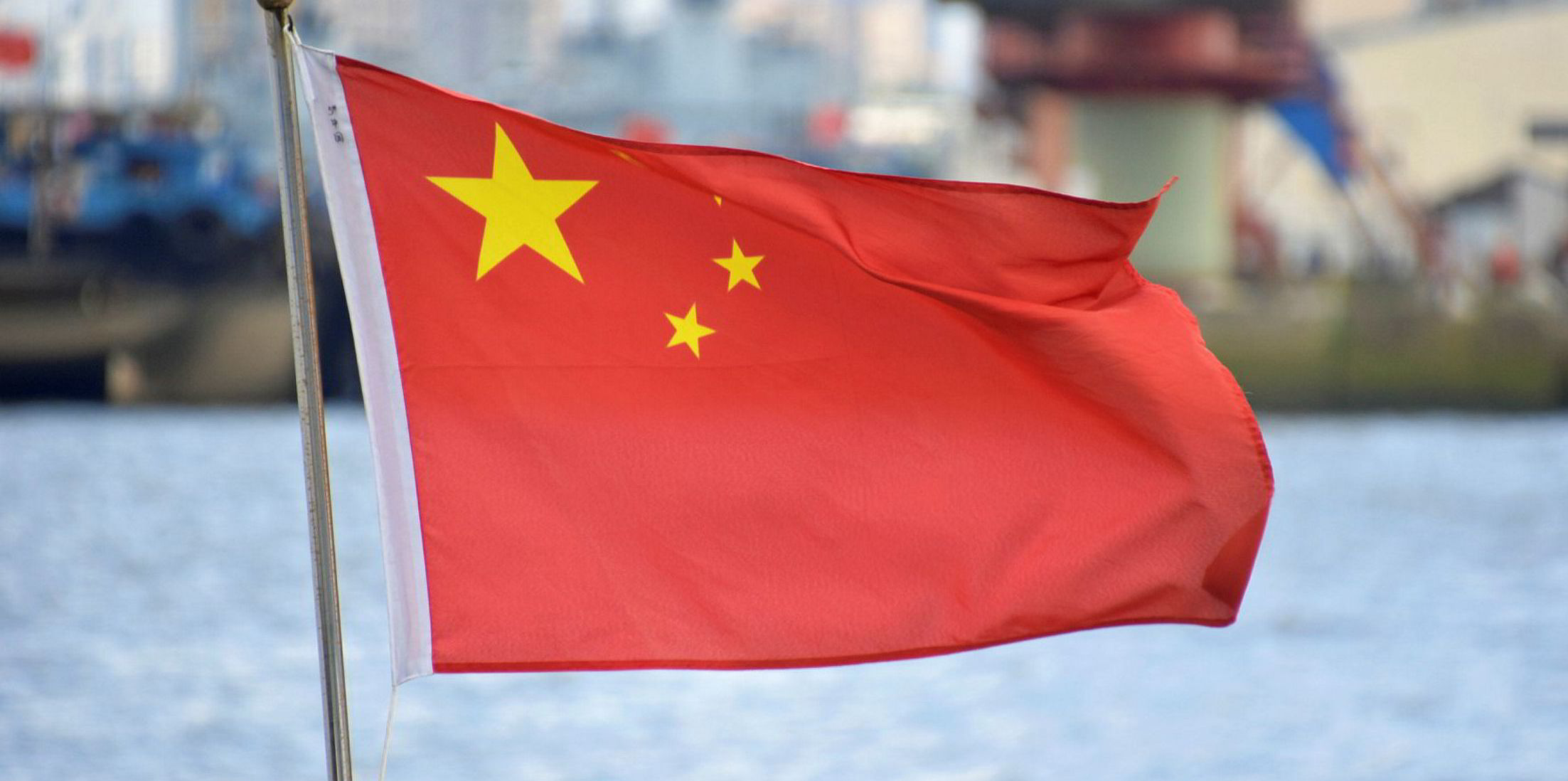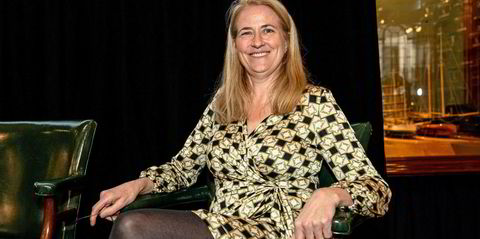Significant efforts have been made over the past decade to tackle bribery and corruption that is endemic in the maritime industry, but problems persist and the pressure put on crews is taking a rising toll.
Extortion and theft continue at high levels in many ports. It puts seafarers in a difficult position where they may want and need to comply with companies’ stricter anti-corruption rules and countries’ more stringent legislation, but face the reality of having to comply with demands if their ships are to sail.
A film being released by Cardiff University’s respected Seafarers International Research Centre highlights the disturbing challenges and stress faced by crews.
Personal testimonies
First-hand testimonies include seafarers telling researchers that in some ports the pilot boat will refuse to come alongside unless there is someone on deck waving cartons of cigarettes and bottles of alcohol for them to take.
Another claims crew have had to resort to food rationing en route to have sufficient provisions to meet demands when they arrive at their destination.
Others talk about supervisors paying cash from their own pockets to avoid delays to vessels, or crews being told to remove brass fittings to avoid them being stolen, with the result that critical safety equipment for firefighting is not available on their ships.
Professor Helen Sampson, who led the research, said the amount of resistance seafarers can mount in the face of fraudulent demands or theft is limited.
First-hand testimonies include seafarers telling the researchers that in some ports the pilot boat will refuse to come alongside unless there is someone on deck waving cartons of cigarettes
They are under heavy pressure from powerful port personnel — who can arrange for the delay and detention of a ship at considerable cost to their employers — but also increasingly constrained by company policies to align firms with anti-corruption legislation.
Unenviable position
This almost-reverse situation of double indemnity places crews in an unenviable position, she added. Seafarers fear being blamed, and potentially sacked, for negative outcomes arising either from meeting or refusing to meet demands.
As the Maritime Anti-Corruption Network — a group of 100 shipping industry companies — has found, the issues it is trying to tackle with local organisations and governments are often deeply embedded in the structure of societies, and they cannot be cured simply by the brute force of law.
Ship and terminal operators can be encouraged to stand up to corruption demands, and international laws demand that they do.
But changing attitudes on the ground is a long process and involves digging down into levels of poverty that necessitate gratuities to bolster low wages. And then there are even deeper ways in which societies work through systems of favours and preferment.
It could even be questioned what the difference is between buying a business lunch for a good contact and handing over a carton of cigarettes as a facilitation gift. Both grease the wheels of business and trade.
Some forms of grace and favour are more explicit than others, but some are not so different from what we in the West might prefer these days to call networking.
Sampson will show the film at the CrewConnect conference in Amsterdam in May, and it will be distributed to shipping companies and ports around the world.
Crews are being caught between a rock and a hard place and, as much as serious efforts are required to chip away at corruption, understanding is also required to ensure the men and women in the middle do not suffer the full burden of trying to change the world.






